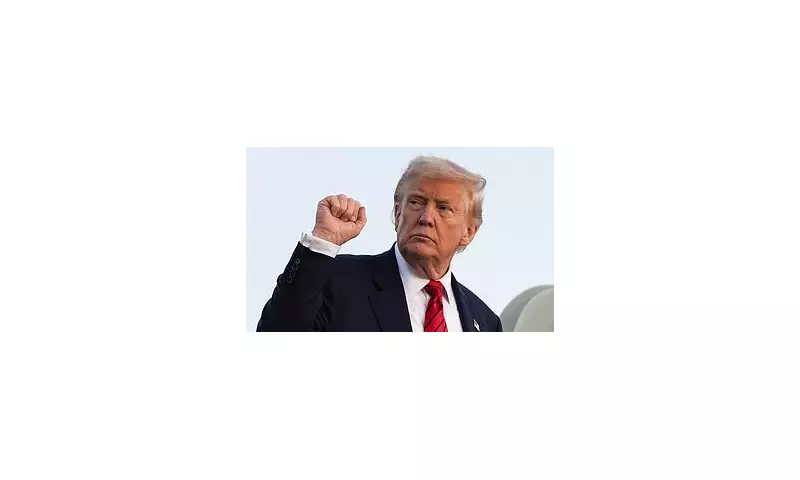
The Trump administration has implemented a controversial new policy barring transgender athletes from entering the United States on sports visas. The move, announced by the US Citizenship and Immigration Services (USCIS), has ignited fierce debate over fairness and inclusivity in competitive sports.
Policy Details and Immediate Impact
Under the revised guidelines, visa applications from transgender athletes seeking to compete in the US will now face additional scrutiny and potential denial. The policy specifically targets individuals whose gender identity differs from their sex assigned at birth.
USCIS officials stated the changes aim to 'maintain competitive integrity' in sports, though critics argue the move is discriminatory and politically motivated.
Reactions from Advocacy Groups
LGBTQ+ rights organisations have condemned the policy, calling it a blatant attack on transgender rights. 'This is another attempt to erase trans people from public life,' said a spokesperson for the Human Rights Campaign.
Sports governing bodies have expressed concern about the potential impact on international competitions hosted in the US, with some threatening to relocate events.
Legal Challenges Expected
Civil rights attorneys are preparing legal challenges to the policy, which they argue violates existing anti-discrimination laws. The American Civil Liberties Union has vowed to fight the measure in court.
Meanwhile, conservative groups have praised the administration for taking what they call 'a stand for biological reality in sports.'
International Ramifications
The policy could affect numerous international sporting events scheduled in the US, including qualifying tournaments for the Olympics and World Championships. Some foreign athletes may now be forced to choose between competing and living authentically.
Sports analysts predict the move may lead to reciprocal restrictions from other nations, potentially complicating international athletic exchanges.





